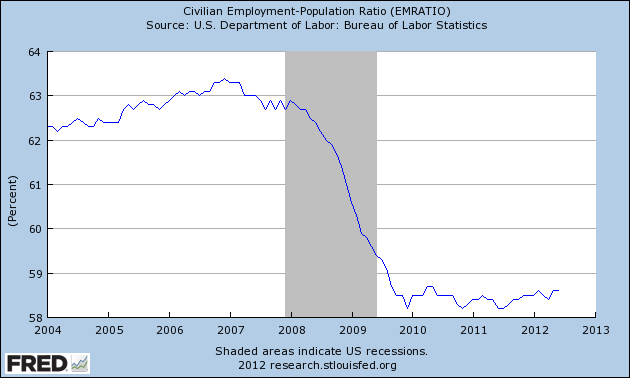A lot of people look at these modern marvels and see automated soulless flying death-dealers that spy on all our private lives. You can trust me when I say, those people are communists.
H/T to Mike Riggs for the link.

A lot of people look at these modern marvels and see automated soulless flying death-dealers that spy on all our private lives. You can trust me when I say, those people are communists.
H/T to Mike Riggs for the link.
Winslow Wheeler on the near-doubling of the F-35 price (so far):
On June 14 — Flag Day, of all days — the Government Accountability Office released a new oversight report on the F-35: Joint Strike Fighter: DOD Actions Needed to Further Enhance Restructuring and Address Affordability Risks. As usual, it contained some important information on growing costs and other problems. Also as usual, the press covered the new report, albeit a bit sparsely.
Fresh bad news on the F-35 has apparently become so routine that the fundamental problems in the program are plowed right over. One gets the impression, especially from GAO’s own title to its report, that we should expect the bad news, make some minor adjustments, and then move on. But a deeper dive into the report offers more profound, and disturbing, bottom line.
Notorious for burying its more important findings in the body of a report — I know; I worked there for nearly a decade — GAO understates its own results on acquisition cost growth in its one-page summary, which — sadly — is probably what most read to get what they think is the bottom line.
[. . .]
Set in 2001, the total acquisition cost of the F-35 was to be $233.0 billion. Compare that to the current estimate of $395.7 billion: cost growth has been $162.7 billion, or 70%: a lot more than what GAO stated in its summary.
However, the original $233 billion was supposed to buy 2,866 aircraft, not the 2,457 currently planned: making it $162 billion, or 70%, more for 409, or 14%, fewer aircraft. Adjusting for the shrinkage in the fleet, I calculate the cost growth for a fleet of 2,457 aircraft to be $190.8 billion, or 93%.
The cost of the program has almost doubled over the original baseline; it is not an increase of 42%.
Tim Harford’s weekend column on the state of Britain’s housing market and a possible solution to the disconnect between supply and demand:
The chief obstacle to house building in the UK is the planning system, which, 65 years ago, did away with the idea that if you owned land, you could build on it, and replaced it with a system where planning permission was required. Permission to build houses is severely rationed, and such rationing can be seen clearly in the gap between the value of agricultural land without planning permission (a few thousand pounds a hectare) and the value of such land once permission has been granted (a few million).
The difficulty is that local authorities have the ability to grant planning permission but have little incentive to do so, because it tends to be unpopular with existing voters. The huge windfall from winning planning permission falls to whoever has managed to speculate on land and navigate the tangle of planning rules. These serve as nice barriers to entry for existing developers, while driving up the price of building land and so driving down the size of new homes.
Tim Leunig, chief economist at CentreForum, a think-tank, has proposed a two-part system of land auctions to get around this problem. Local authorities would buy land at auction, grant planning permission on it and then sell the land on to developers — with some strings attached, if they so choose. The profits would be enormous, and enjoyed by existing residents in the form of lower taxes or better public services. This isn’t the only way to liberalise planning, but it retains local control and democratic accountability — while dramatically increasing the incentive to develop.
Restoring a free market right to build on property you own would also be a fast solution to the diminished housing supply, but when have governments at any level willingly given up power?
The first word directly from Adrian Peterson after his arrest in Houston this weekend:
“A lie gets halfway around the world before the truth has a chance to get its pants on.”
WC— Adrian Peterson (@AdrianPeterson) July 8, 2012
Thank you for waiting for the facts. Truth will surface.
— Adrian Peterson (@AdrianPeterson) July 8, 2012
H/T to Christopher Gates at the Daily Norseman.
Greg Mankiw has a graphical refutation of any claim that the United States has actually seen any recovery from the Great Recession of 2008:

At best, you’d have to call that a “stabilization”, but not a “recovery”.
Powered by WordPress